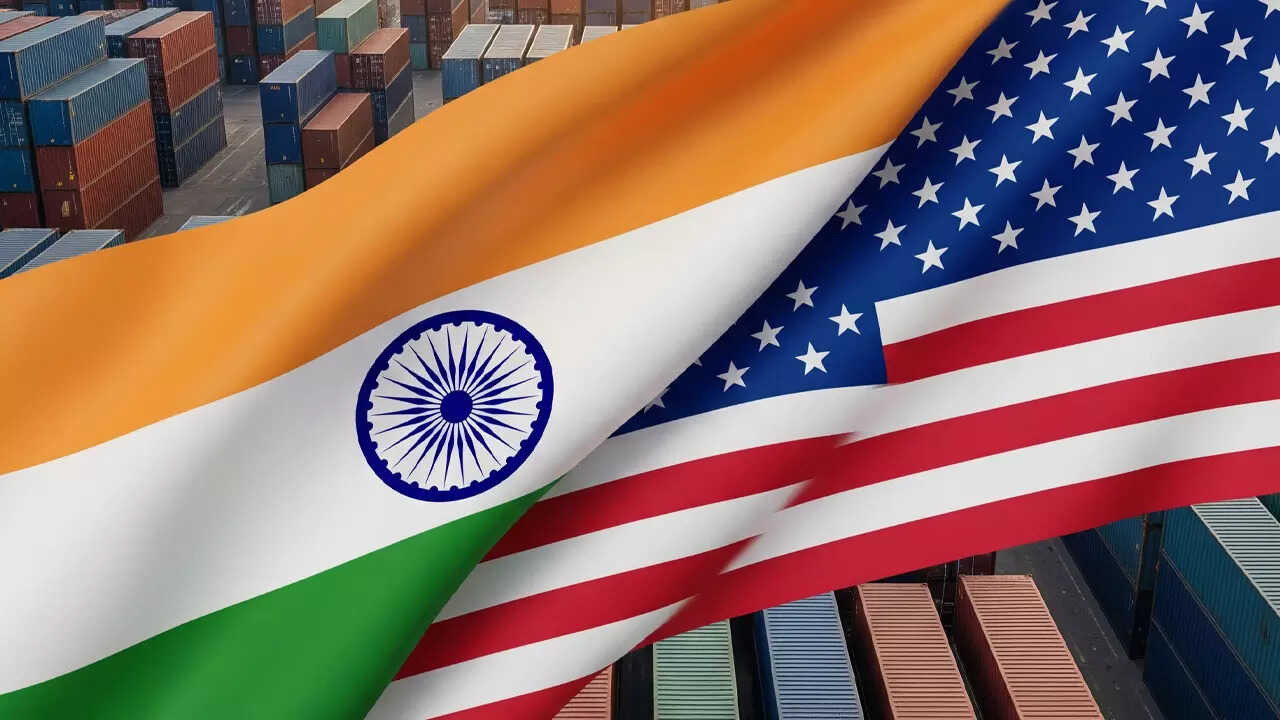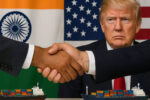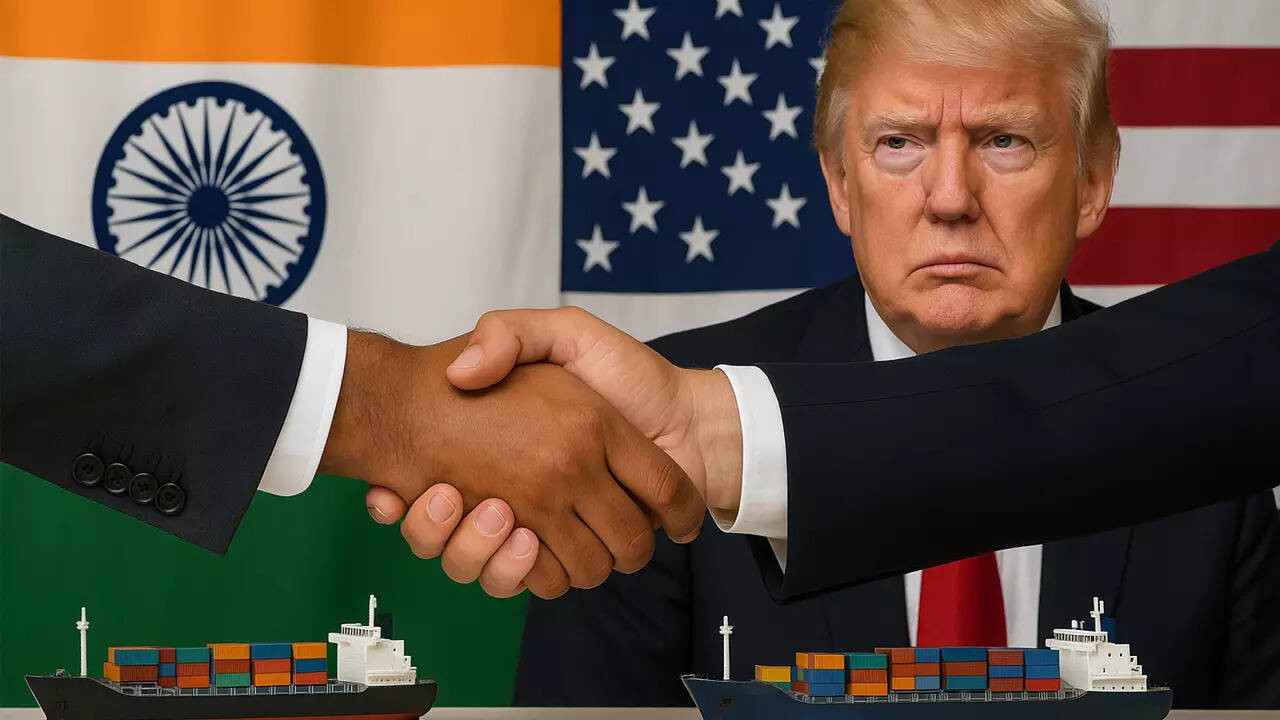Amidst ongoing discussions for an interim trade agreement, the US has again raised concerns at the WTO regarding India’s dairy certificate requirements, deeming them unnecessary obstacles for American exports. India has also proposed retaliatory tariffs against the US on steel and aluminium.
Milk Matters: US Pushes Back on India’s Dairy Import Rules
The aroma of a potential trade skirmish is in the air, and this time, it involves milk. Not just any milk, mind you, but the complex world of dairy import regulations between the United States and India. The US recently voiced its concerns at the World Trade Organization (WTO), questioning the validity and necessity of India’s stringent certification requirements for imported dairy products. Are these rules genuinely about ensuring quality and safety, or are they veiled attempts to protect the domestic dairy industry? The timing couldn’t be more sensitive, with ongoing discussions about a potential trade deal between the two economic powerhouses.
<img src="image-of-milk-pouring-into-glass.jpg" alt="Fresh milk pouring into a glass, illustrating the debate over dairy import regulations.”/>
So, what’s got the US all churned up?
The heart of the issue lies in the certificates India requires for dairy imports. The US argues that these requirements are overly burdensome, lack scientific justification, and ultimately act as significant barriers to trade. In essence, American dairy producers face a bureaucratic maze to get their products onto Indian shelves, a process that they feel is unnecessarily complicated and expensive.
Imagine you’re a dairy farmer in Wisconsin, producing some of the finest cheese in the world. You see a potentially huge market in India, but to tap into it, you need to navigate a complex web of certifications, inspections, and paperwork that seem to change constantly. The US contends that these hurdles are not consistently applied and often lack transparency, creating an unpredictable environment for exporters. This uncertainty, naturally, deters businesses from even attempting to penetrate the Indian market.
Why is this happening now?
The timing of this challenge is particularly noteworthy because India and the US are actively engaged in negotiations to deepen their trade relationship. This isn’t the first time that dairy has been a sticking point in these discussions. The US has long sought greater access to the Indian market for its agricultural products, including dairy, while India has historically been protective of its domestic industry, which supports millions of farmers.
India’s stance is rooted in a desire to safeguard the livelihoods of its dairy farmers. The domestic dairy sector is a significant contributor to the Indian economy, providing employment and income to a vast rural population. Opening the floodgates to foreign imports, some argue, could destabilize the local market and harm these vulnerable communities.
The Broader Implications of Dairy Import Regulations
The debate over dairy imports is more than just about milk. It highlights the ongoing tension between free trade and protectionism. On one hand, open markets can foster competition, drive innovation, and offer consumers a wider range of choices. On the other hand, countries also have a legitimate right to protect their domestic industries and ensure the safety and quality of the products their citizens consume. Striking the right balance is the key.
This particular dispute also underscores the importance of transparency and predictability in international trade. When regulations are ambiguous or arbitrarily applied, it creates an uneven playing field and discourages trade. A clear, science-based regulatory framework is essential for fostering trust and promoting fair competition.
The outcome of this dairy dispute could have broader implications for US-India trade relations. A resolution that addresses the US concerns while also respecting India’s domestic priorities could pave the way for a more comprehensive trade agreement. However, a failure to find common ground could further complicate these negotiations and strain the relationship between the two countries.
The US Trade Representative (USTR) has been actively engaged in discussions with Indian officials to resolve these issues. The hope is that through constructive dialogue, a mutually agreeable solution can be found. This could involve streamlining the certification process, increasing transparency, and ensuring that regulations are based on sound scientific principles. For instance, adopting internationally recognized standards, as discussed on our site regarding [quality certification schemes](internal-link-to-related-content-on-certification), could provide a framework for mutual understanding.
In conclusion, the clash over India’s dairy import regulations is a complex issue with significant economic and political ramifications. The future of US-India trade relations may well depend on finding a way to navigate these milky waters. A resolution that promotes fair competition, transparency, and mutual understanding is essential for fostering a strong and sustainable trade partnership between the two nations. The next few months will be crucial in determining whether they can achieve this delicate balance.







